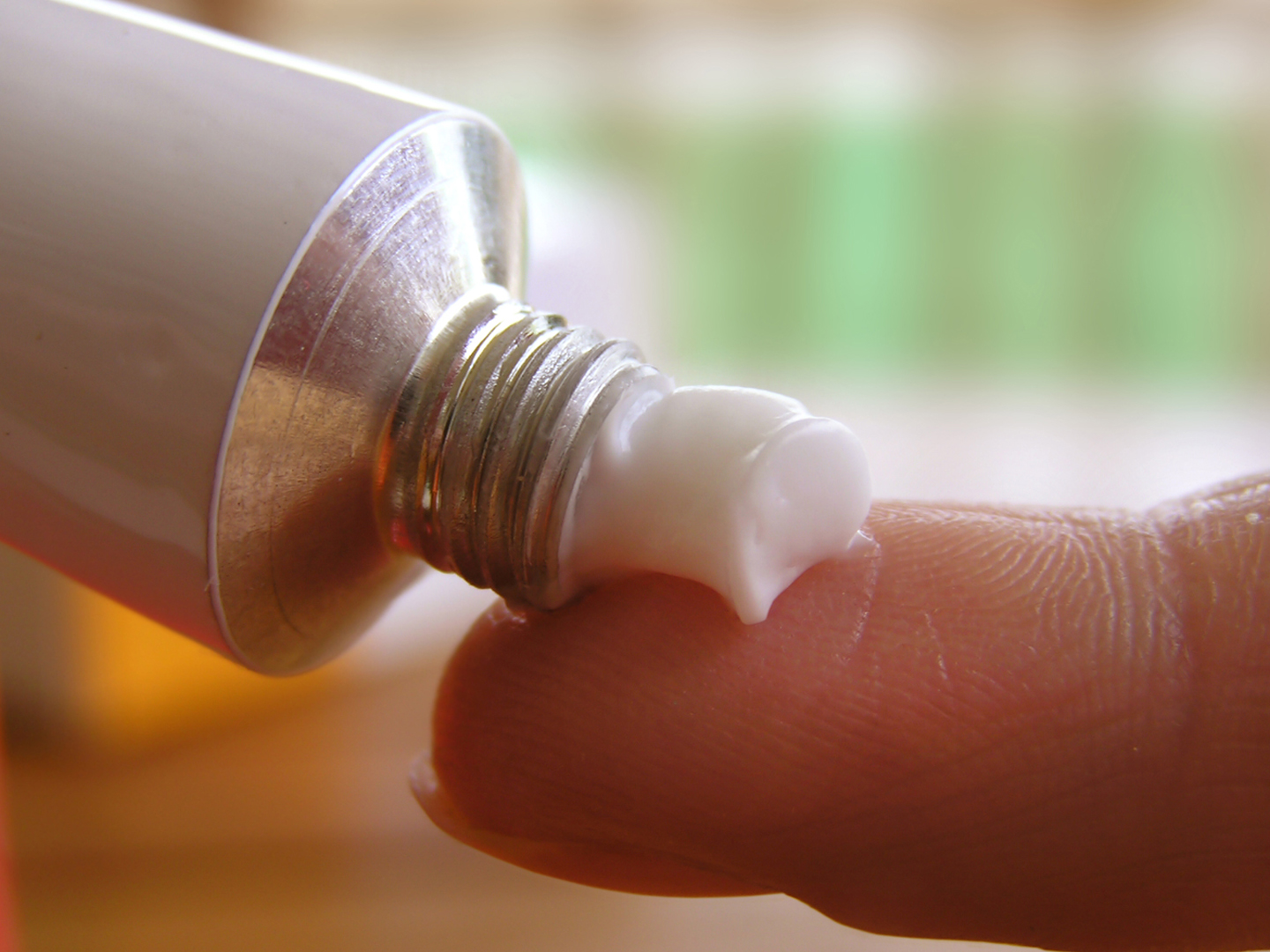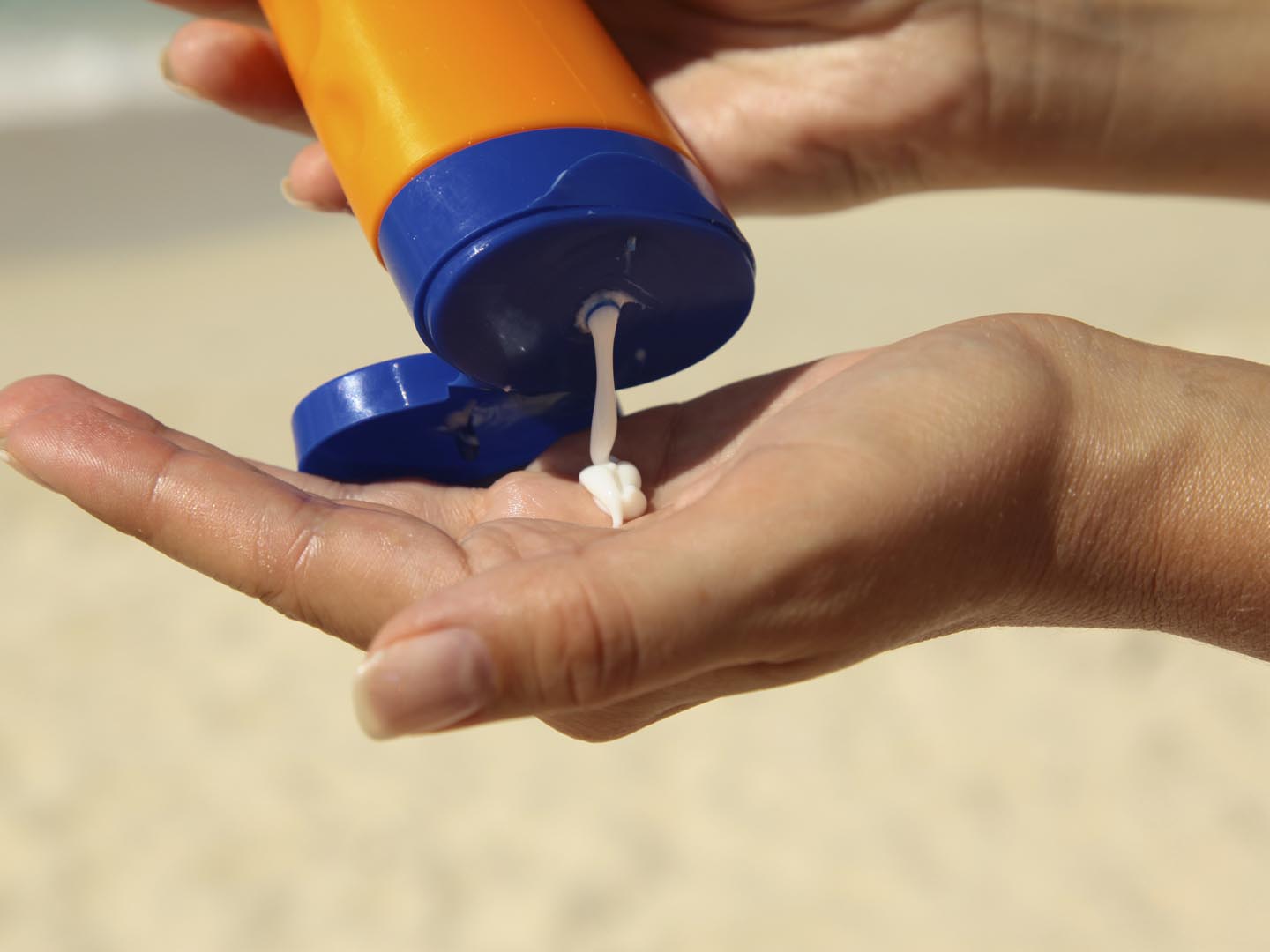Eliminating a Persistent Skin Condition?
A friend of mine has terrible trouble with recurring erythema multiforme, primarily in and around her mouth. Conventional remedies have offered limited relief. Do you know of any alternative treatments?
Andrew Weil, M.D. | November 18, 2003

Erythema multiforme is a skin condition that can develop as a hypersensitivity reaction to drugs or an infection. There are many causes of erythema multiforme, with new ones being found every year. Although the specific mechanism of the disease isn’t known, it appears that sensitivity to bacterial, viral and chemical products leads to an acute immune response in the small blood vessels of the skin, leading to the eruption of flat, circular, red patches, resembling targets with dark centers. The patches usually develop suddenly, appearing on arms, legs, palms, hands or feet and, sometimes, on the face or lips. They may itch (although they may not), and may be accompanied by fatigue, fever and joint pain. Some people also develop abnormalities of vision, including dry or bloodshot eyes, eye pain, burning or itching, or mouth sores. A more severe form of this reaction, Stevens-Johnson syndrome, affects the whole body with extensive lesions, especially in the mucous membranes of the mouth, eyes and genital areas; patients may be unable to eat or close their mouths comfortably or open their eyes.
The medications most likely to cause erythema multiforme are penicillin, sulfa drugs and barbiturates. The reaction can also occur (rarely) in response to the smallpox vaccine as well as to immunizations for mumps and polio. Herpes simplex and mycoplasma pneumonia are the infections that most commonly spark the condition. Radiation therapy, internal malignancies and pre-existing autoimmune diseases are other potential triggers, but in more than half of all cases, no cause can be found.
Erythema multiforme usually disappears as soon as you determine and treat the underlying cause. Episodes typically resolve spontaneously in two to four weeks. If a drug is to blame, it should be discontinued. A chest x-ray is usually indicated for those who have respiratory infections to rule out walking pneumonia from mycoplasma infection. If erythema multiforme is caused by the herpes virus, you may need to take antiviral drugs daily to prevent recurrences.
Otherwise, you have to deal with the discomfort until the problem clears up on its own. Antihistamines may control the itching, and an over-the-counter pain reliever such as acetaminophen can reduce fever and any associated pain. If you have blisters in the mouth, over-the-counter anesthetics (such as viscous lidocaine) and warm saline gargles can soothe them, as can the licorice extract DGL and slippery elm in the form of lozenges or gruel. I would try hypnosis or guided imagery to deal with pain and itching as well as to speed healing.
Andrew Weil, M.D.









